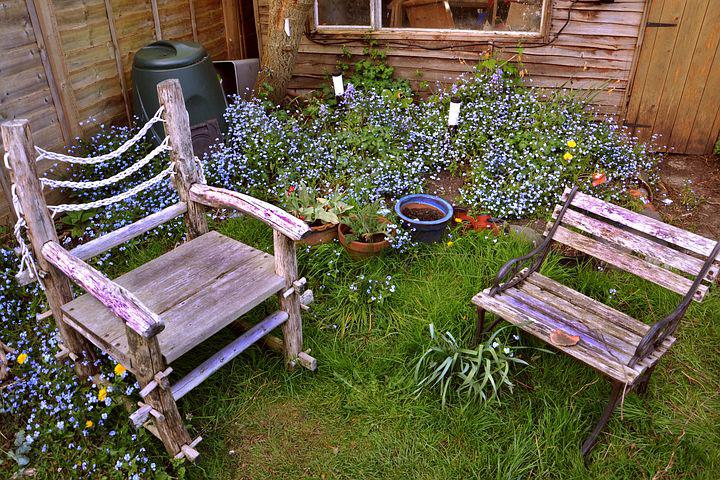Smart HVAC Habits for Every Home
This post contains affiliate links. Click here to read my affiliate policy.
Last Updated on May 19, 2025
Ensuring optimal performance of your HVAC system is more than just a matter of comfort—it’s a vital aspect of sustaining a healthy living environment. As advancements in technology bring smart solutions to traditional HVAC practices, homeowners are equipped with better tools to maximize efficiency and maintain indoor air quality. Whether you’re looking to refine your current approach or explore deeper into complete system replacements, understanding smart HVAC habits is essential for every home.
Understanding HVAC Usage in American Homes
The widespread usage of air conditioning in the U.S. exemplifies how integral these systems are to modern life. However, mere usage of air conditioning doesn’t guarantee efficiency. To enhance both comfort and health, it’s crucial to harness the full potential of HVAC systems by integrating smart habits into regular maintenance routines.
Air conditioning dominates the climate control landscape, with the U.S. Energy Information Administration noting that 88% of U.S. households rely on it. This widespread dependency underscores the need for both awareness and education regarding intelligent system management. By implementing strategic HVAC habits, homeowners can ensure optimal performance, reduce energy consumption, and extend the longevity of their systems.
While many homeowners prioritize comfort, they often overlook the potential effects on their utility bills and the environment. Enhancing the health and efficiency of your HVAC system can significantly cut down on energy costs. Furthermore, adopting regular maintenance habits leads to improved indoor air quality, contributing to the overall well-being of household members.
The Importance of Regular Filter Changes
Filters play a pivotal role in preserving the efficiency and air quality provided by HVAC systems. Neglecting their maintenance can result in diminished system performance and increased health risks. Regularly changing the air filter is a simple yet crucial step toward maintaining optimal airflow and preventing contaminants from circulating.
Homeowners are often advised to replace HVAC system filters every 3-6 months, although this can vary based on usage and environmental factors. Adhering to this schedule helps prevent strain on the system and supports clean, breathable indoor air. Consistently replacing filters also enhances the overall health of your home by minimizing the infiltration of allergens and pollutants.
A clean filter accelerates the efficiency of your HVAC system, allowing it to function without unnecessary load. This reduced strain not only prolongs the lifespan of your equipment but also ensures that every breath taken inside your home is as fresh and healthy as possible. Staying diligent with filter changes exemplifies a cost-effective practice that offers multiple benefits.
The Lifespan of an Air Conditioner
While regular maintenance extends the life of air conditioners, eventual replacements become inevitable. Recognizing the signs of an aging system ensures that homeowners aren’t caught off-guard, preserving both comfort and efficiency. Knowing when to upgrade furnishes the household with better technology and enhanced utility savings.
The average air conditioner is expected to last about 15 years before needing a replacement, as stated by USA Today. With technological advancements continually raising efficiency standards, transitioning to a new system can offer substantial benefits. Understanding the lifespan of your equipment helps plan timely upgrades and avoid unexpected failures during peak usage seasons.
Neglecting an aging HVAC system can lead to increased repair costs and reduced performance. By keeping abreast of your system’s health requirements and lifespan, you can ensure seamless comfort all year round. Investing in high-efficiency replacements also contributes to a greener, more sustainable approach to home heating and cooling.
Embracing smart HVAC habits not only optimizes system efficiency but significantly improves the health and comfort of your living environment. From routine filter changes to understanding when full system replacements are necessary, proactive management is essential. Through informed decisions and regular maintenance, homeowners can enjoy a reliable, efficient, and healthy indoor climate, ultimately enhancing their quality of life and reducing their environmental footprint.






